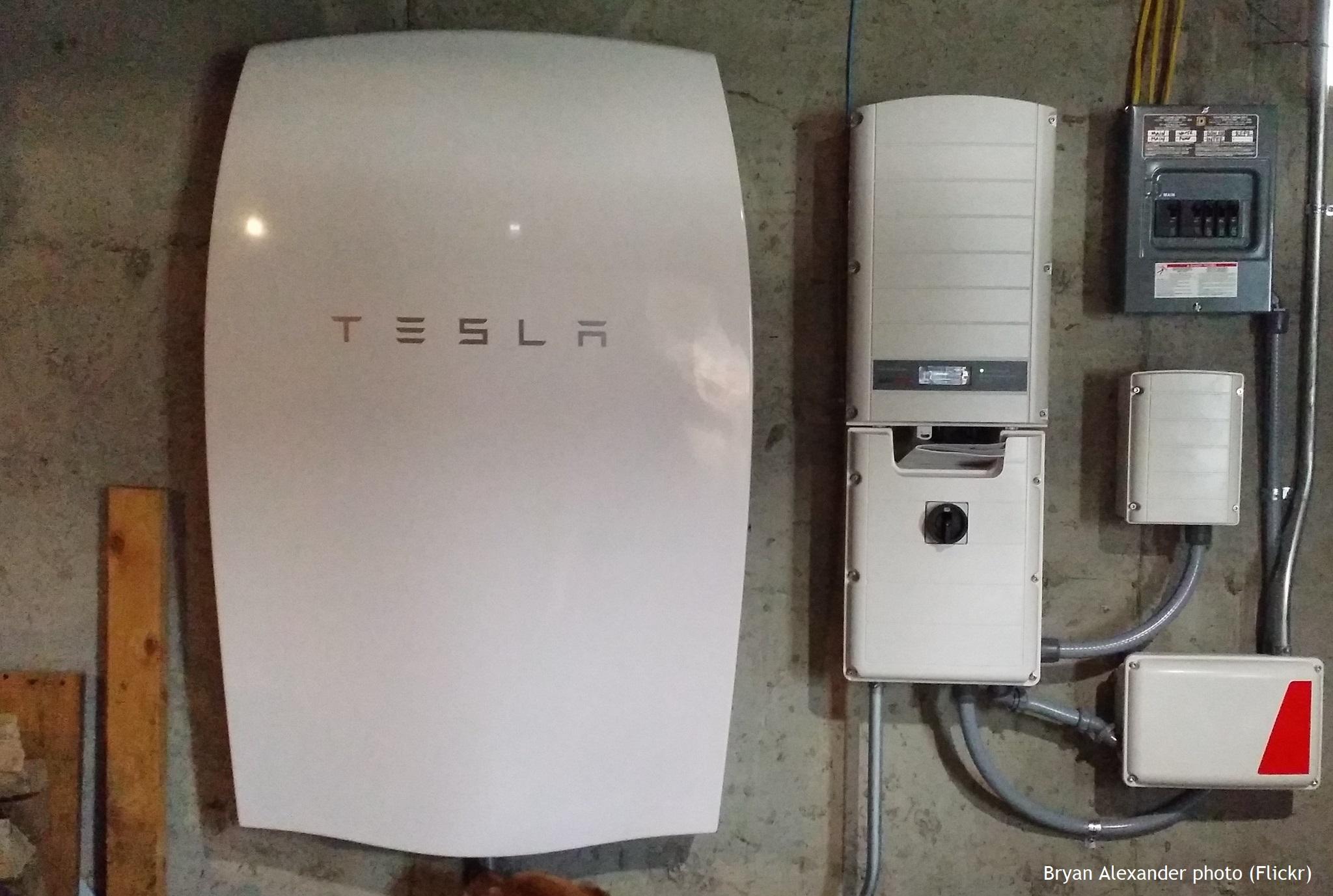Countless home solar panel systems go online every day without battery backup. In daytime , solar provides energy for the home, and then overnight when rates are lowest, the home draws from the utility. This setup works excellently for many homeowners.
Homes with a reliable municipal power supply to draw on at night, at low rates, don't need battery backup any more than we still need to carry a spare gallon of gas in the trunk when gas stations are all around.
Solar-power batteries do have a certain usefulness and specific benefits. So what are the benefits of battery backup?
Get A Free Solar Quote NowBenefits of Battery Backup
The value of battery backup in your home solar system increases to the same degree that you want to achieve energy independence. At one end of the scale, you might not have a choice—there might be no public utility. Where off-grid living is compulsory, homeowners never doubt the value of battery backup. They can keep the refrigerator and freezer running, maybe a TV set, and a couple of lamps.
“When a solar system is coupled with a battery, homeowners can produce electricity during the day and store it in their battery to use at night or when the power is down.”
At the other end of the scale are homeowners with a personal goal of energy independence and green living. They could draw from city power, but it pleases them not to. Batteries are necessary to create a "green loop" of energy.
Speaking in the Los Angeles Times, CEO of Solar.com, Max Aram, said, "When a solar system is coupled with a battery, homeowners can produce electricity during the day and store it in their battery to use at night or when the power is down."
Another benefit is emergency power. Any homeowner would like to have backup power in case of hurricane or other crisis. Like a gas-powered generator, a solar-power battery can get your household through an outage.

Battery Limitations
The typical service life of a battery is 10 years. You'll need to replace it then. Modern lithium-ion batteries can add $7,000 to $15,000 to your solar system. While the technology is advancing, no battery system today (not even the much lauded Tesla Powerwall) lets you store and reuse the energy for less than $0.40 per kilowatt-hour. That's an appealing price in Hawaii and Alaska, where city power is more expensive than that, but everyone else can buy energy where they live for $0.10 to $0.25.
"Can I Add a Battery Later?"
Some solar energy systems are storage-ready. Installing a battery won't take any additional equipment because the system already has an inverter ready for a battery. On systems without such an inverter, battery backup can be added one of two ways: AC coupling or inverter replacement.
The first way to add a battery to a home solar system that was not designed for one is called AC coupling. The battery and a separate inverter are integrated into the system. AC coupling can save you money up front because you keep your other inverter; however, there are now two points in the system where your solar panels' native DC power gets converted to useful AC, which means slightly less efficiency.
The second and more expensive way to add battery backup is to replace the inverter with one that can support a battery. System redesign and rewiring might be necessary too, adding to costs. The main benefit over AC coupling is efficiency: you won't lose as much solar energy through conversion. However, this small improvement in efficiency would rarely be worth the cost.
Conclusion
Each homeowner knows whether he or she must have energy independence or would merely prefer to have it. Most home batteries can't take you fully off the grid; they just aren't big enough. And since city power can be cheap at night, drawing on it then is more financially feasible than using battery storage. But in an emergency, a battery integrated into your system will provide hassle-free backup energy.
Takeaways
- Batteries add significant cost to home solar systems.
- If you think you might want to add a battery later, be sure to get a storage-ready solar system.
- No current battery system is enough to get you fully off-grid, but it will gain you some energy independence and good emergency backup.





